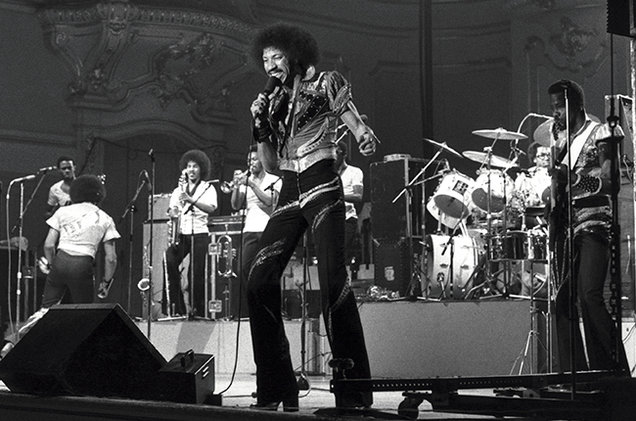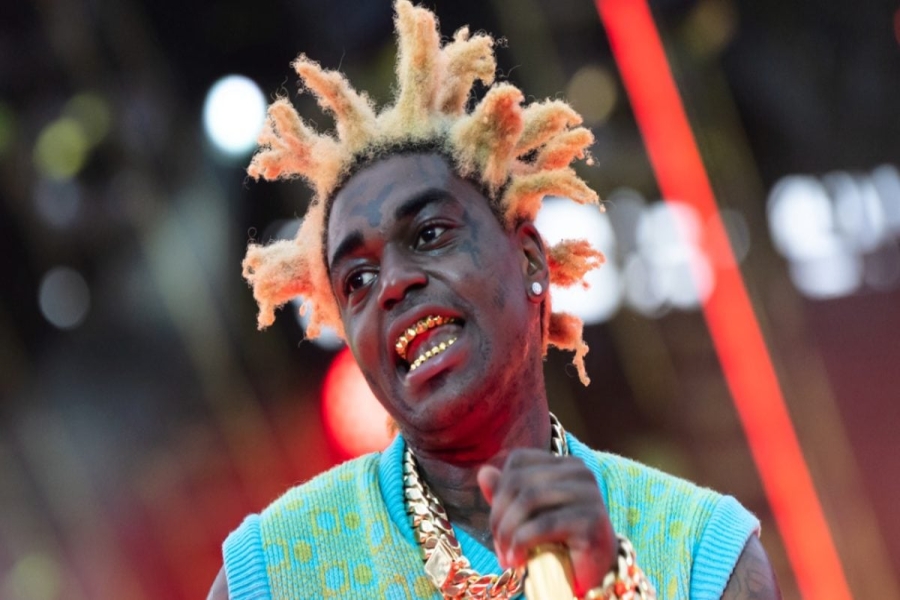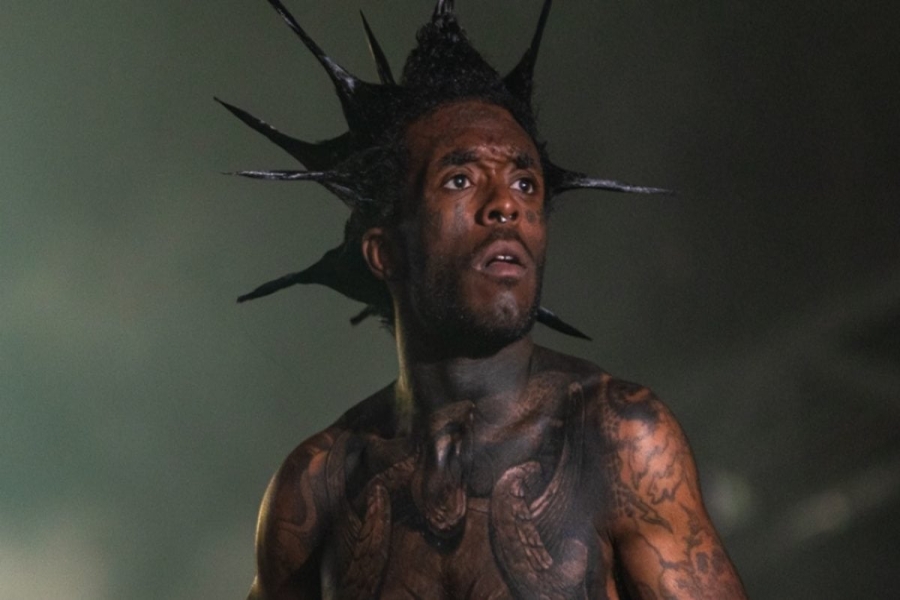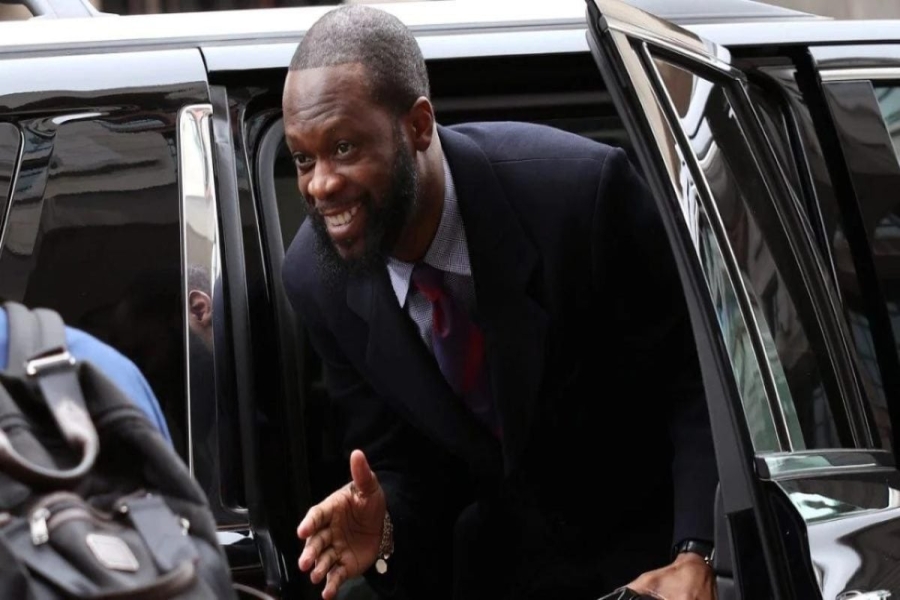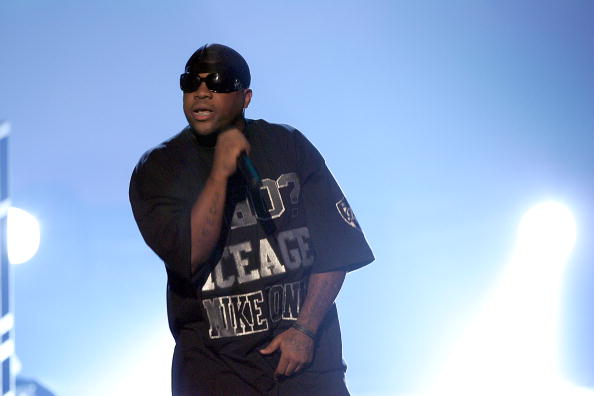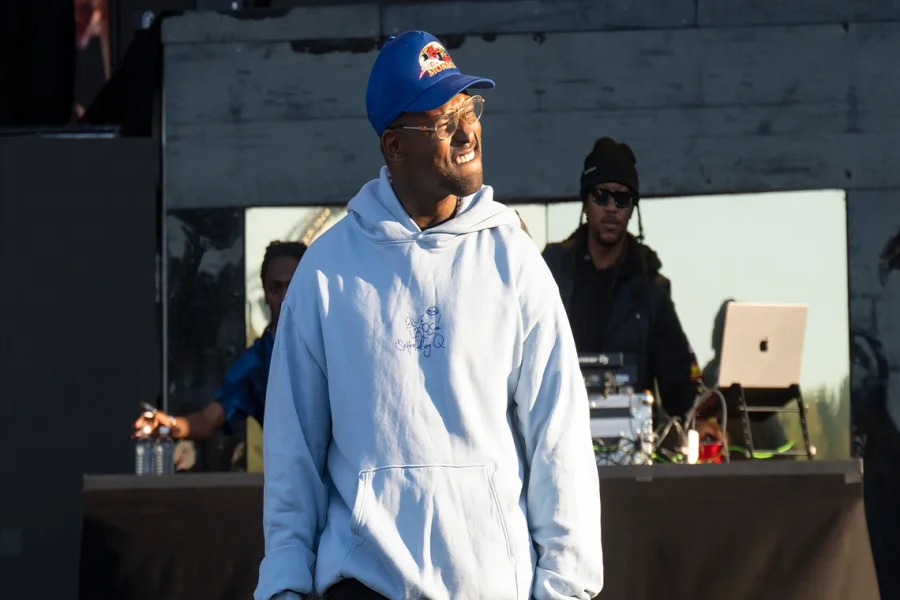Commodores Entertainment Corporation, a company run by King and Orange, in 2014 sued ex-bandmate Thomas McClary for trademark infringement after discovering that he had been performing using variations of the famous funk group's name. (McClary left the band in 1984.)
A Florida federal court in August 2016 granted judgment as a matter of law in favor of CEC and entered a permanent injunction against McClary that prevented him from using the Commodores trademark except in instances of fair use. He can bill himself as "Thomas McClary, founder of The Commodores" but not refer to a performance as that of "The Commodores featuring Thomas McClary," for example.
The guitarist appealed that decision, as well as the district court's denial of his motion to dismiss the matter because CEC failed to include Ronald LaPread, another founding bandmember, in the litigation.
An 11th Circuit panel on Tuesday affirmed the trial court's decision.
"[W]hen McClary left the band, he left behind his common-law rights to the marks," writes U.S. Circuit Judge Stanley Marcus. "Those rights remained with CEC."
When the band's six original members formed a partnership in 1978, they agreed that if any of them died or quit, the majority of the partners retained the right to use the name The Commodores. Their 1979 deal with Motown Records also provided that bandmembers could perform with other groups, but "in no event" could they use the Commodores name. When Lionel Richie left the band in 1982, another agreement was signed and it provided that "no Leaving Member, nor heirs of any member have or will have the right to make any individual use of the Name."
Eventually only King and Orange remained as original members still with the group and they transferred their common-law rights in the trademark to CEC, which registered four trademarks with the U.S. Patent and Trademark Office in 2001.
While the 11th Circuit acknowledges that the standard for granting a motion for entry of judgment as a matter of law is a demanding one, it agrees with the lower court's judgment that the evidence was overwhelmingly in CEC's favor. (Read the full opinion below.)
"[T]he various contractual agreements executed by the parties confirm the group members contemplated that the marks were to be jointly but not severally owned and, in addition, that a member leaving the group would cease using the group’s name as an identifier," writes Marcus. "In sum, no reasonable juror could have found that McClary retained a right to use the name 'The Commodores' on his own and separately from the group that has continually used that same name."
The panel also held it lacks jurisdiction to review the denial of McClary's motion to dismiss, finding the issue of whether or not LaPread should have been involved in the legal fight is not inextricably intertwined with the permanent injunction.
This article originally appeared in THR.com.

